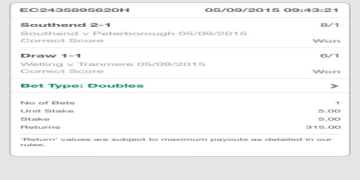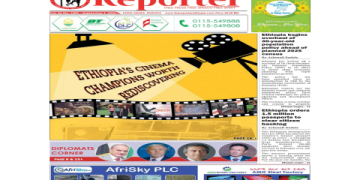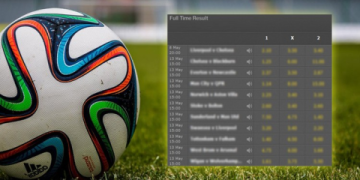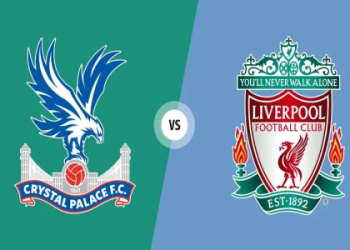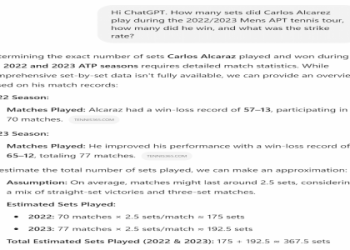Well, lemme tell ya, when it comes to handlin’ money for the church, there sure are some rules you gotta follow, specially if you’re workin’ in the Diocese of Charlotte. The folks there got their ways, and they sure ain’t gonna let just anyone handle the collections without makin’ sure everything’s done right. Now, don’t get me wrong, we all trust each other in the church, but when it comes to money, ya gotta be careful, y’know?
First off, one of the most important things is who’s in charge of countin’ that money. They say the pastor or someone from the parish office should pick the folks who’ll be doin’ the countin’. The rules say that at least three people should be appointed for this job. It’s for accountability, ya see? That way, no one person’s got all the power, and it keeps things honest. And they gotta do it right, too. No rushin’ or guessin’ how much was in that envelope. It’s gotta be counted right, and counted again.
One of the rules is that you always work in teams. That’s right, no one’s doin’ it alone. It helps keep things above board, and it gives people a chance to check each other’s work. Now, you might think it’s just money, but these rules come from a good place, wantin’ to make sure the church is stewards of what the good folks put in the collection plates. We all know the money’s meant for God’s work, and that’s somethin’ we can’t mess with.
Now, let’s talk about what happens after the countin’. After the money’s counted, the folks doin’ it need to take a report and hand it over to the right people in the church, like the pastor or the parish office. They got a system for recordin’ and storin’ the money, so everything’s traceable. It’s important to keep that money safe. Like I always say, “A stitch in time saves nine,” and that’s true for the church money too. Gotta make sure it’s secure so nothing gets lost or taken.
And there’s somethin’ else to remember—annual audits. Every year, the Diocese of Charlotte recommends that the church get an audit. What that means is someone from outside the church comes in and checks everything to make sure it’s all been done right. This audit can be done by an independent company or by a team of volunteers who know what they’re lookin’ for. The key thing is that they’re not part of the church, so they can look at everything with fresh eyes. This helps make sure no one’s skimpin’ or hidin’ anything.
It might sound like a lot of fuss over a little bit of cash, but this money helps the church do all kinds of good work. It helps with the upkeep of the buildings, the programs for the community, and even helps feed the hungry. That’s why these rules are so important—so we can all be sure that the money’s being used where it’s needed most. If we let things slide, who knows where it could end up?
Another thing to think about is that the Diocese has got guidelines for how parishes should handle the money too. The rules tell you how to keep records, how to store the money, and even how to spend it. The Diocese doesn’t want any funny business goin’ on, so they make sure that everything is as clear as day. It’s all part of the stewardship of God’s gifts, and we’re all just the caretakers, doin’ our best to make sure it all gets used right.
And don’t forget the importance of transparency. The rules make it clear that everyone involved in countin’ and handlin’ the church’s money should be open and honest about what they’re doin’. That means no hidin’ anything or playin’ tricks with the books. Everything needs to be clear for anyone who needs to check it, from the pastor to the folks in charge of the finances. If there’s any doubt, it’s always best to ask for help and get it sorted out the right way.
Now, you might wonder where all these rules came from. Well, they come straight from the Diocese’s desire to be good stewards of the church’s resources. They want to make sure that every penny is used wisely and that the trust of the people is never broken. And if you’re part of the team countin’ that money, you’ve got to take it seriously. After all, it ain’t just about the money—it’s about trust, responsibility, and makin’ sure the church can keep doin’ the good work that it does in the community.
In the end, these rules might seem like a lot of work, but they’re there to protect the church and make sure everything stays fair and square. So, if you’re ever called upon to be a money counter in the Diocese of Charlotte, you’ll know that you’re playin’ an important part in keepin’ the church runnin’ right, and that’s somethin’ worth doin’ the right way.
Tags:[Diocese of Charlotte, Money Counters, Church Financial Procedures, Parish Money Handling, Church Audits, Diocesan Financial Management, Church Stewardship, Financial Accountability]







